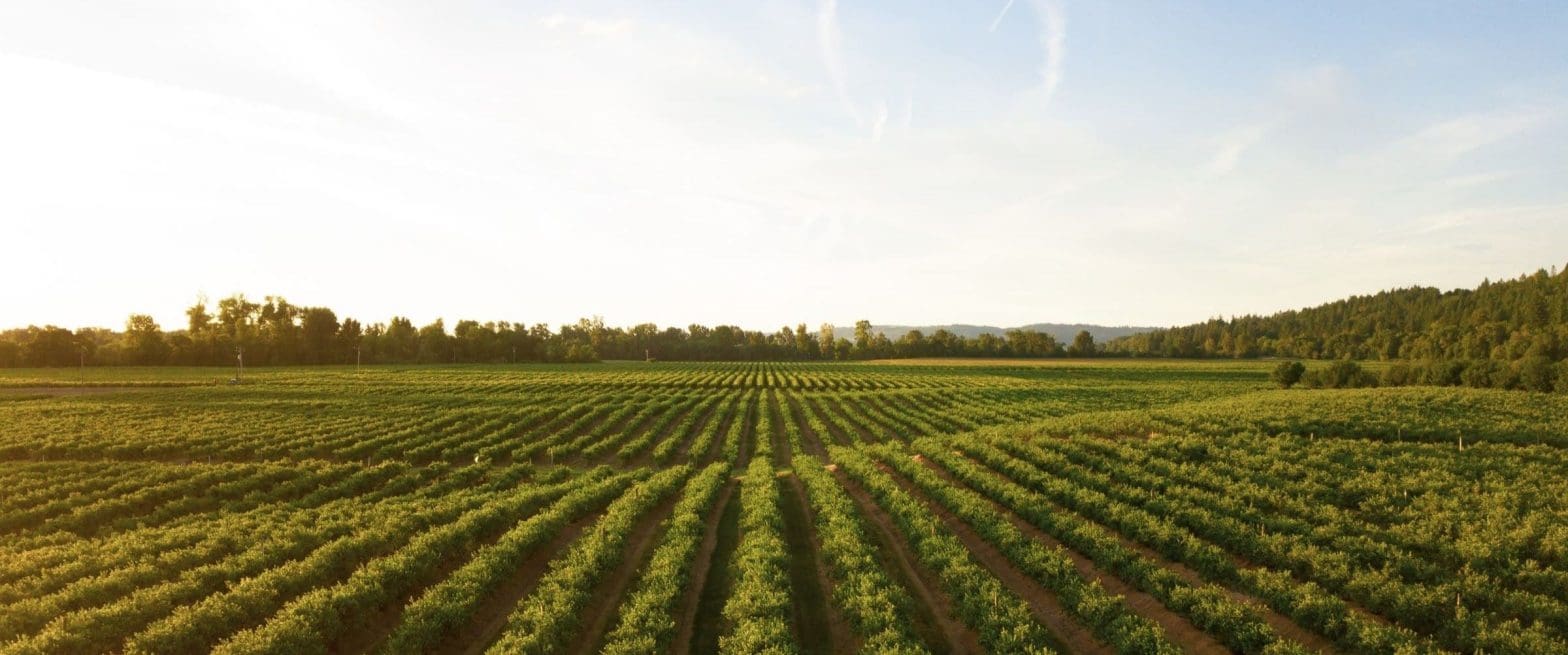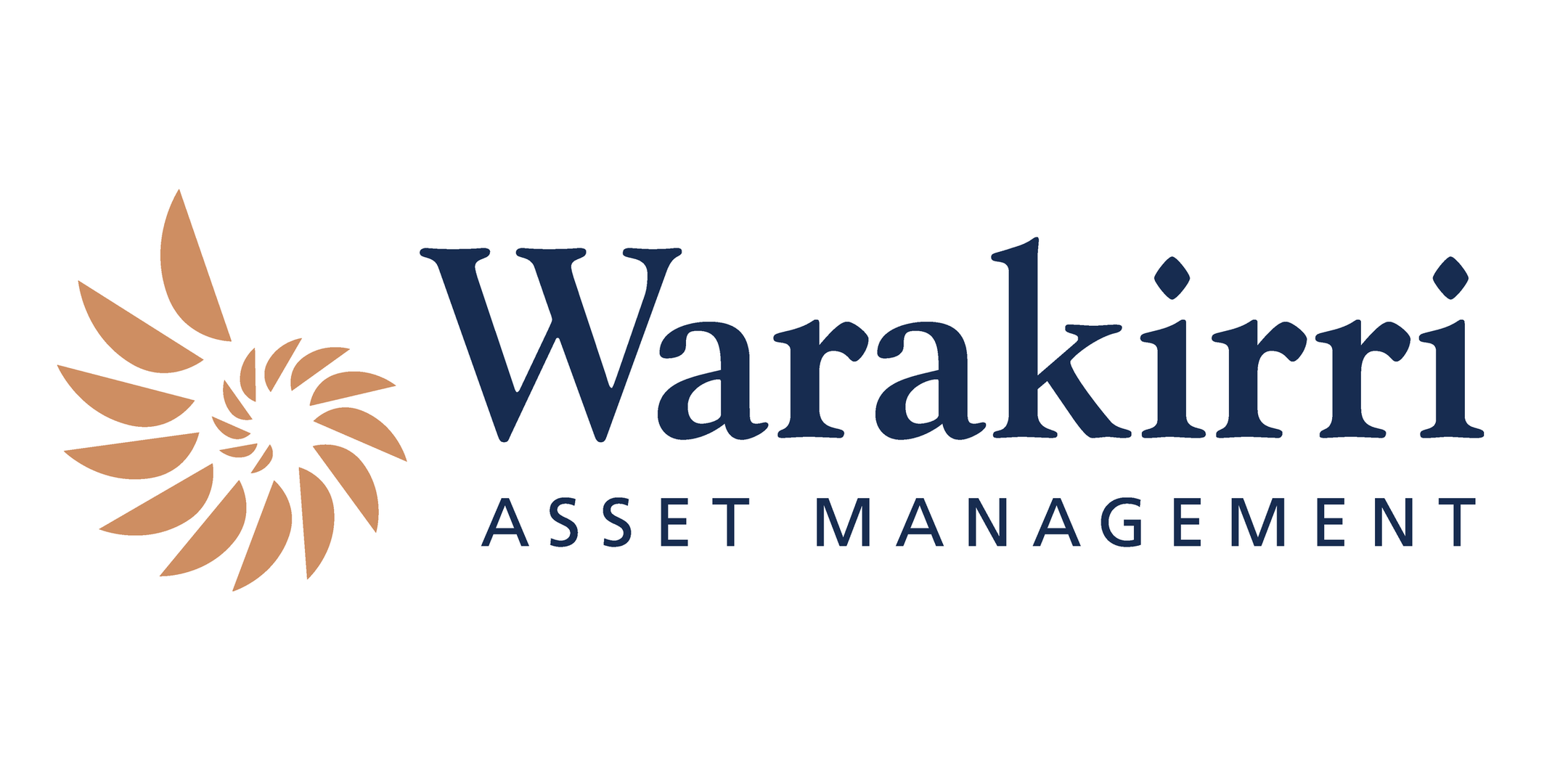Warakirri conforms to Leading Harvest following recent independent audit
26 September 2024

Leading Harvest, a nonprofit organization founded in the United States, launched its industry-leading program in Australia in March 2023, implementing a world-first sustainability assurance program designed to harmonise sustainability reporting across crops and regions.
Leading Harvest provides the agriculture supply chain with a universal certification through its unique Farmland Management Standard which standardises sustainability verification and reporting across the industry, resolving inefficiencies faced by farmers, producers, and customers in providing the sustainability assurances that the market increasingly demands.
The Standard identifies sustainable farming practices based on 13 Principles, 13 objectives, 33 performance measures and 73 indicators. It addresses economic, environmental, social and governance issues and includes measures to efficiently use water, agricultural chemicals and energy to grow crops for useful agricultural products; minimize waste; and conserve soils, water resources and biodiversity. It also takes into consideration the well-being of lessees of farmland, employees, contract management company employees, contract farm Labour and local communities.
Warakirri achieved certification against the Leading Harvest Australia Farmland Management Standard (the “Standard”) for the first time following an independent audit completed by Averum, the leading assurance provider of Leading Harvest’s Standard, in September 2023.
Conformance to the Standard requires awareness and appropriate use of agricultural best management practices to advance sustainable agriculture. Most importantly, the Standard requires continual improvement.
A surveillance audit for continued certification to the Leading Harvest Australia Farmland Management Standard was conducted in 2024. Full recertification is required every three years. Principles and areas audited by Averum in 2024 are outlined below, along with key findings by Averum in its audit of Warakirri’s managed agriculture properties.
The certification applies to up to 200,000 hectares of properties under various Warakirri strategies, including the Warakirri Diversified Agriculture Fund, Warakirri Farmland Fund and Warakirri Cropping. During the surveillance audit three sites in Western Australia were selected as a representative sample of current practices and management decision making.
2024 AVERUM AUDIT – WARAKIRRI ASSET MANAGEMENT
Key findings: No Major or Minor Non-Conformances
In completing the independent audit, Averum concluded there were zero (0) major non-conformances identified. Furthermore, no minor non-conformances were reported.
During the 2024 audit, practices supporting conformance were demonstrated to have improved and, in some instances, brought into conformity with the Standard’s requirements since the previous audit in 2023. This includes conformance with Objective 7, pertaining to threatened and endangered species, threatened ecological communities, and deforestation.
Averum identified one notable practice that demonstrates how Warakirri is making a positive impact:
Principle 5 Energy Use, Air Quality, and Climate Change, Performance Measure 5.3 Climate Smart Agriculture, Indicator 5.3.1 Greenhouse Gas Emissions: Application of climate-smart agricultural best management practices to minimize greenhouse gas emissions from agricultural operations and farmland and/or sequester greenhouse gases that contribute to climate change where appropriate.
“Auditors noted a high level of GHG measurement and management initiatives, including GHG reporting preparation, conservation projects tied to GHG performance and national carbon sequestration initiatives.” – Averum.
Warakirri Cropping has been measuring its scope 1 and scope 2 greenhouse gas emissions for four years and is exploring several cost-effective emission reduction strategies, which will be adopted where feasible. In 2024, a pilot was initiated as part of the Australian Government’s Agriculture Biodiversity Stewardship Program to sequester carbon and enhance biodiversity.
The audit also noted that Warakirri Cropping has developed crop rotation plans based on modelled changes to climate and rainfall, on a soil type basis, including aspects such as frost risk. Based on this climate modelling, modifications to management practices have been made. For example, hay has been added to the crop rotation to replace canola or more frost susceptible crops.
Similarly, the audit found that Warakirri’s asset due diligence includes the completion of large-scale climate assessments.
Conformity to Leading Harvest Australia Farmland Management Principles
The 2024 audit reported conformance to all 13 Standard Principles. Additional highlights from the audit are outlined below.
Objective 1: Sustainable Agriculture Management
The audit noted that since 2023, a Head of Sustainability has been appointed by Warakirri Asset Management. The role is responsible for providing guidance on sustainability related matters and setting sustainability strategy for Warakirri Asset Management, including sustainability policy. Sustainability standards now sit under the overarching group’s Sustainability Policy for each investment platform. Management is focused on improving how sustainability is communicated within and external to the business.
Objective 2: Soil Health and Conservation
The audit noted that comprehensive soil testing is done on soils on broadacre farms, with pH and nitrogen testing on subsoils. Starting moisture is tested strategically as needed. Agronomists advise on soil testing frequency, focusing on strategic testing for crop requirements until lime and gypsum applications take effect. The soil testing program covers all paddocks over four years, testing prior to fallow/legumes to inform the amelioration program and use variable rates. The highest represented soil type in each block is sampled. Soil test results, yield profit models, and crop rotations inform fertilizer budgets, which are developed with agronomists. Agronomists visit fortnightly for spray recommendations and nutrient program adjustments.
Objective 9: Local communities
The audit noted a range of activities that support surrounding communities where Warakirri Cropping properties are located. Support activities include local sports club sponsorship, hosting field days for local farmers and industry groups, providing employee hours and other resources such as chemicals or tanks. For leased properties, consideration of local engagement programs is included in the assessment of tenant suitability.
Opportunities for improvement
There were five (5) opportunities for improvement identified as follows:
Application and storage of crop protectants; Energy conservation; Threatened species; Endangered species and Native habitats and Natural communities.
Warakirri continues to drive and adopt positive changes and enhancements in these areas with ongoing improvements to infrastructure, strategic planning, staff education and training.
